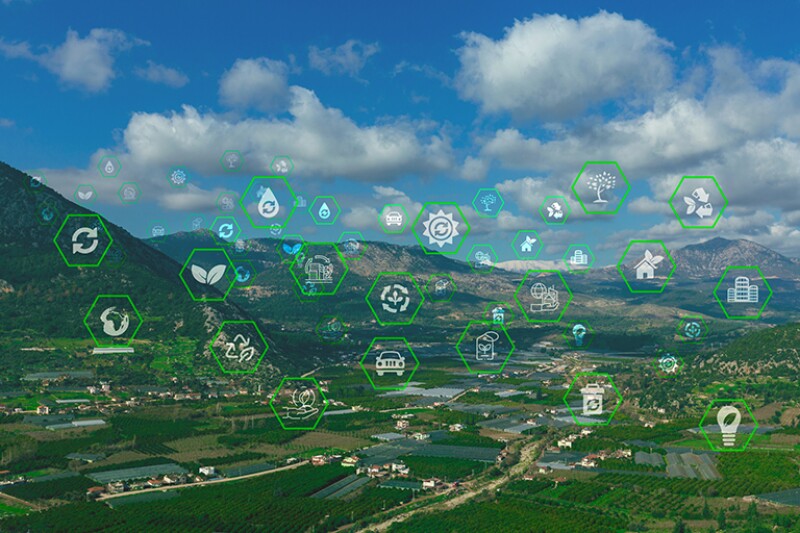Responsibly sourced gas (RSG), differentiated natural gas (DNG), independently certified gas (ICG)—these are some of the terms energy professionals might be hearing or reading about lately. As the international community sets itself upon a path to net-zero emissions as part of the fight against climate change, natural gas is seen as a great enabler of the energy transition to nonemitting sources. Experts believe natural gas could help drastically reduce greenhouse gas (GHG) emissions by replacing coal—when burned, it emits about half the carbon dioxide (CO2) compared to coal. However, that comes with a caveat: The assumption of lower emissions from natural gas holds true only when the issues of methane leaks and flaring are addressed.
Methane is a very potent GHG. Its global warming potential (GWP), defined as a GHG’s ability to trap heat in the atmosphere compared to CO2, is more than 80 on a 20-year timespan, as shown in the figure.


